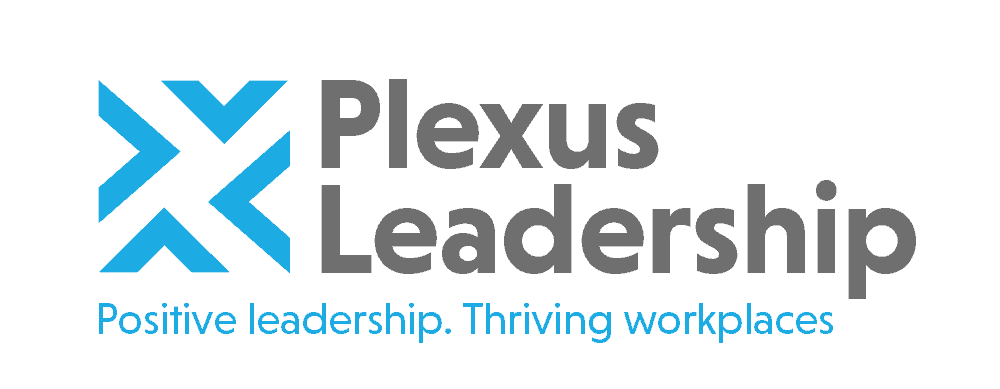When leaders of fast growing Tech companies underinvest in talent management or make short-term decisions that undermine morale, trust and empowerment, they fuel a talent exodus which is hard to reverse regardless of how strong the company’s products and technology are. I witnessed this after leaving Yahoo! where I was Head of Talent for Europe during Yahoo!s “golden years” around 15 years ago. At that time, our talent practices were cutting-edge and often admired within and outside Tech as better practices. However, management priorities shifted, particularly during Marissa Mayer’s time as CEO, and several controversial and short-sighted talent practices were implemented that undermined trust in the company and caused people to question whether talent was really valued by top management. Conversely Google continued to pursue enlightened, positive and employee-centered practices that you can read more about in Laszlo Bock’s excellent book Work Rules!. Together with its more focused strategy and innovative technologies, it is no surprise then that Google has come out on top and won the race to dominate the online search market.
So what can Tech leaders do to create a workplace that energizes people and enables them to do their best work?
Trust people
Bright people need clear direction on what they are expected to deliver, not how they should think and act every second of the working day. Therefore, managers need to avoid the urge to over-manage and over-control. Employees respond remarkably well to being given trust and freedom over the way they achieve their results. Higher levels of trust and involvement are also positively related to key success drivers including engagement, teamwork, productivity and innovation.
Focus on people’s strengths
If leaders help people discover and shine in areas of natural strength, they will almost always over-deliver against expectations, as has been shown by progressive companies like Facebook and Zappos.
This doesn’t mean ignoring weaker areas and other performance blockers, as it is important to tackle skills and habits limiting performance. However, research shows that people outperform and are more engaged when they are given opportunities to contribute and be challenged in areas of greatest strength. This is because they have opportunities to make meaningful contributions in areas they most enjoy and value.
Delegate responsibility
When leaders over-manage their direct reports and get too involved in the detail, they strip them of responsibility, but also undermine their sense of ownership and confidence. There are risks involved in delegating responsibility, however, smart companies put in place learning support mechanisms for less experienced managers, leaders and technical experts to mitigate these risks. Popular methods of support include mentoring, 1-2-1 coaching, team coaching and peer coaching (small groups of around 4-6 colleagues who coach one another with the help of a trained facilitator).
Build a positive, transparent culture
There is a great deal of truth in the now popular saying “culture eats strategy for breakfast”. However, few companies invest much effort in building a strong, positive culture. Successful and fast-growing companies like Netflix, Innocent and online boutique fashion retailer, Farfetch, understand the importance of culture and shared values in uniting people and giving them a clear sense of purpose and belonging, especially during challenging, uncertain times. Transparency means being open and honest with people and sharing setbacks, tough feedback and problems as well as good news. When people know what’s going on, they’ll make better decisions, build better products and deliver improved service to customers
Encourage debate and challenge
High quality decision-making is reliant on encouraging diverse views and open debate. It is the job of a leader to create an environment where all employees and stakeholders feel they have a voice in decisions and constructive debate is encouraged, not stifled. Creating a culture of inclusivity and constructive challenge will ensure everyone who is impacted by the decision has an opportunity to contribute their views and ideas, which in turn gives rise to improved problem-solving, teamwork and innovation.
Through investing in building a great place to work, Tech leaders will create a strong foundation for growth, innovation and success. This, in turn, creates a virtuous cycle where talented people are attracted to the company and motivated to go above and beyond to help the business prosper.
Suggested reading:
Bock, L. (2015). Work Rules!: Insights from Inside Google That Will Transform How You Live and Lead. Grand Central Publishing.
Other Posts

About the Author
James Brook
Founder and MD | Leadership Consultant | Organizational Psychologist
James is a leadership consultant, organizational psychologist and executive coach. He has over 25 years’ experience working with leaders, teams and organizations globally to optimize their performance, talent and future success. He specializes in positive leadership, thriving workplaces, collaboration and influencing, organizational change and transformation, accelerating innovation and coaching executives and leaders in innovative sectors including Tech, Digital, E-commerce and Life Sciences.
Before setting up Plexus Leadership, James held leadership roles in HR and Talent Management in the UK and abroad with companies such as NatWest, Yahoo! and Novo Nordisk Pharmaceuticals. After this, he founded and led several talent and leadership consulting and assessment businesses, including Strengthscope®, an online strengths assessment and development business serving a wide range of UK and global clients. James grew this venture into a global market leader before selling the business in 2018.
James has supported, advised and coached leaders and teams globally across diverse industries and geographies. Clients he has worked with include Allen & Overy, Commvault, Equinor, Facebook, GSK, Hilton, John Lewis, Novartis Pharmaceuticals, NHS, Oracle, Sainsbury’s, Swiss Re, Tesco, Takeda Pharmaceuticals, WSP and Yahoo!.
James has a Master’s in Organizational Psychology, an MBA, an Advanced Diploma in Executive Coaching and a Harvard Business qualification in Sustainable Business Strategy. He is a member of the Institute of Directors, the Association of Business Psychologists and a Fellow of the Chartered Institute of Personnel and Development (FCIPD). He is currently undertaking a PhD in Organizational Psychology examining the start-up experiences of Tech and Digital entrepreneurs.
James is a regular contributor and speaker on leadership, coaching, innovative talent management and the future of work. His most recent book, Optimize Your Strengths, explores how leaders can create thriving workplaces by inspiring and supporting people to optimize their potential and teamwork to deliver breakthrough results.





